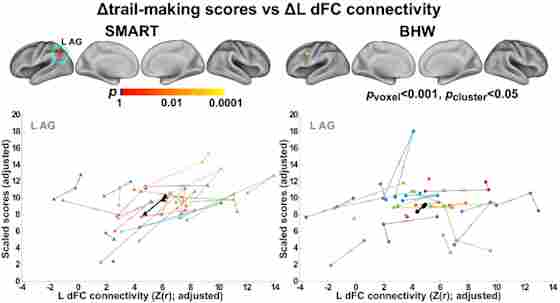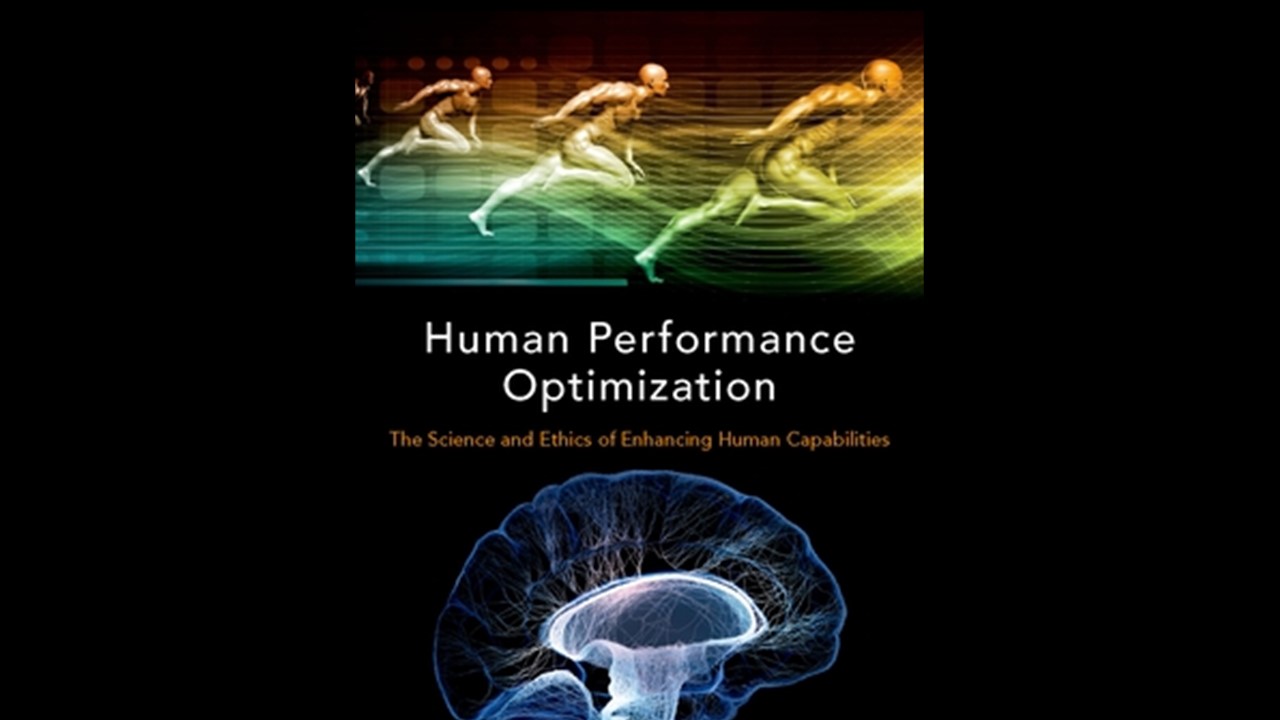Overview
One of the most persistent and devastating consequences of traumatic brain injury (TBI) is impaired cognitive control, the ability to coordinate thoughts and take action to achieve goals. Efforts to improve cognitive control after TBI have suggested the effectiveness of cognitive training. However, the neural bases for these outcomes are not fully understood.Researchers in this eight-week randomized study recruited 56 individuals with chronic mild TBI, sorted them into one of two groups (a strategy-based cognitive training group or a knowledge-based training group), and acquired 109 rsFC resonance images pre-training, post-training and three months later.The strategy-based cognitive training group shows consistent increases in connectivity across time points and brain regions, associating fronto-parietal network connectivity, in particular, with positive brain-behavior relationships. Finding suggest that cognitive control training can induce neuroplasticity through chronic phases of TBI, and that evaluating the training's effectiveness improves when using rsFC as a neuroimaging biomarker.
Figure 9. Associations between temporal changes in the trail making scores and changes in connectivity with L dFC. Top row: Colormaps for statistically significant associations between the two measures. Bottom row: Trajectories of each individuals (colored line) and group average (black line). (See Fig. 1, Fig. 2, Fig. 8 for the other abbreviations.)





